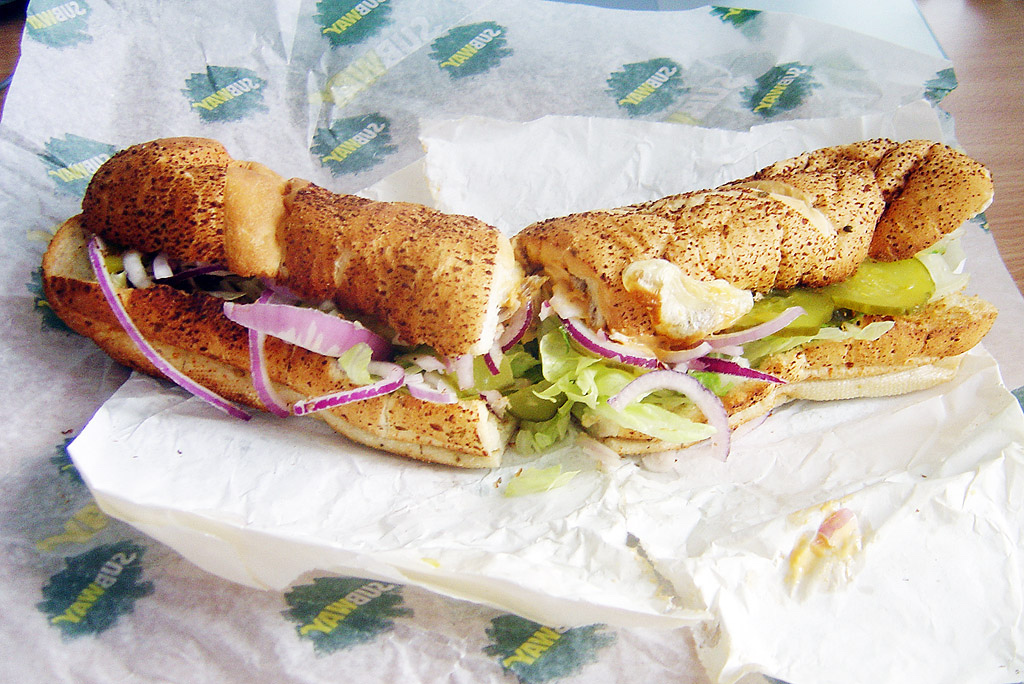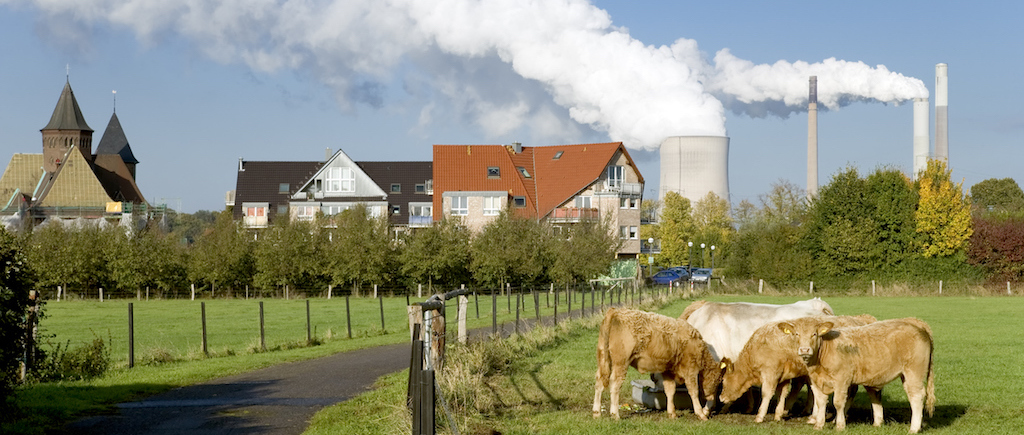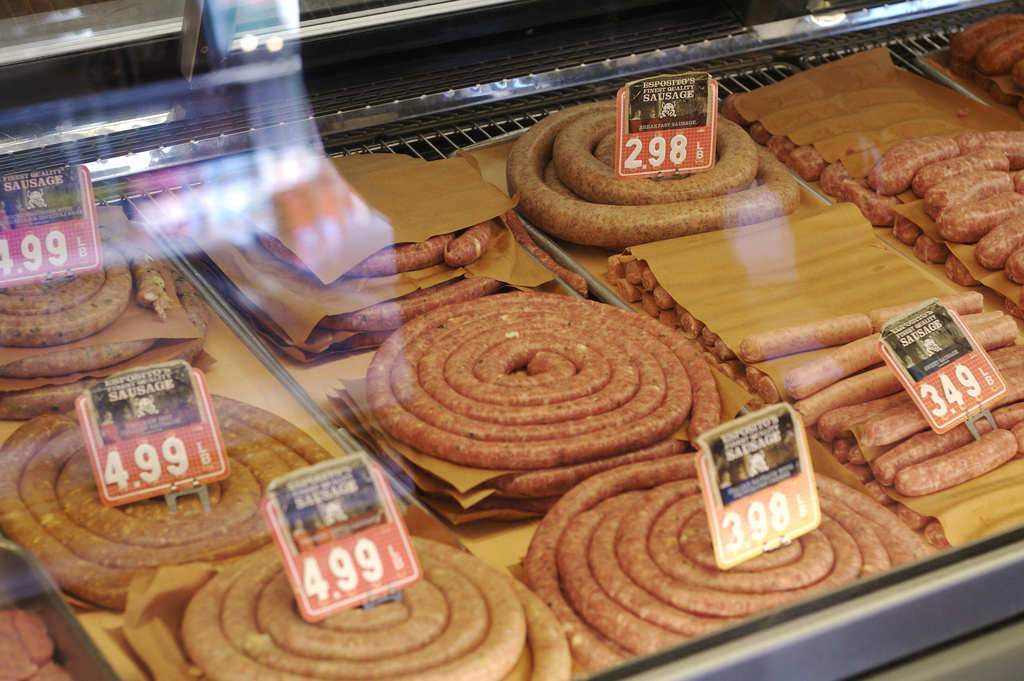This is the web version of a list we publish twice-weekly in our newsletter. It comprises the most noteworthy food stories of the moment, selected by our editors. Get it first here.
Two if by sea. The Atlantic looks at a study that found 55 percent of the world’s oceans are fished—and a re-analysis, led by a University of Washington scientist, that said it’s more like 4 percent. The tension arose from different units of measurement. The original research, produced by scientists from Global Fishing Watch, divided the oceans into large areas—the size of Rhode Island—that showed where a massive, kilometer-sized longline could have intersected with a school of fish. “Think of this as a bullet,” a scientist explained. “Even though the area that’s directly affected is very small, its impact is felt throughout a person’s body.” The rebuttal, however, measured the ocean in tinier, finer squares—more like where a net actually swept. Does a fish have to literally be fished for its part of the ocean to count as “fished”? Do we need a hermeneutics of fishing?
If you build a snow cone, they will come. In every rural community forced to transition from small and ag-centric to growing urban outpost, you can implicate some food an out-of-towner once saw on Instagram. Such is the case in Elsa, Texas, a town of 6,000 people. The Texas Observer has this timely, nuanced story about how a multifold, perfect cultural storm including the “raspa” scraped ice treat, one viral Instagram post, generational differences, and a whole lotta traffic problems has forced the town to adopt a new, youth-friendly urbanity while at the same time clinging to its roots.
Down and out. Unemployment is historically low. The stock market is soaring. But only now, with the news that Subway is canning its $5 foot-long, can we officially say that we are out of the recession. The company’s CEO tells USA Today that the sandwich will be replaced by high-rolling, tonier offerings, like panini.
Oye. La Campesina, a Spanish-language radio station founded by Cesar Chavez in 1983, is among the country’s most popular networks, broadcasting from nine stations in four states, and in Phoenix, crushing the ratings of conservative right-wing radio. In California’s Central Valley, farmworkers in the vegetable fields rely on the station for news and information about hostile immigration enforcement. “When immigration raids expanded in California earlier this year, La Campesina adopted a new slogan to fits its more aggressive posture in opposing the crackdown,” writes Alondra de la Cruz, in a letter for Politico. “‘La estación siempre en guardia,’ or ‘the station always on guard.’”










